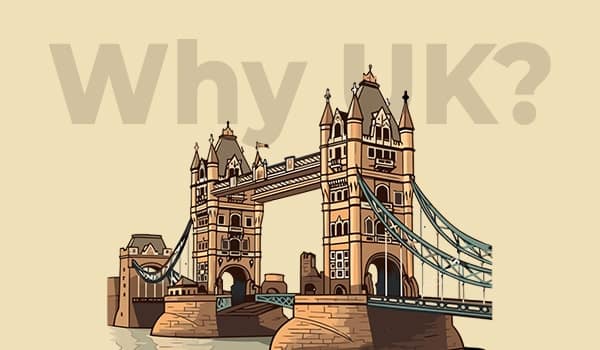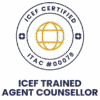About the Course
Combining practical design skills with creative problem-solving and reflective insight, this inspirational course offers a thorough grounding in contemporary and evolving forms of visual communication across a wide range of platforms, from digital to print, moving images to illustration.
Our degree course explores all contexts where graphic design is found such as digital content; interface design; web and social media; editorial design; print and publishing; moving image; visual identity; typography; and graphic illustration.
Working in creative teams, you learn about materials and methods in a cluster which includes Illustration, Animation, and Advertising and Branding Design. You also study studio practice; collaborative enterprise; context and meaning; and professional practice. This winning combination allows you to develop practical design skills as well as the ability to work collaboratively and show entrepreneurship.
We foster a reflective, outward-looking approach to design challenges; for example, by exploring the ways digital media has created new possibilities for producing, distributing, and publishing graphic design work. We also believe a sense of responsibility is essential for a contemporary designer so ethics, sustainability, and inclusion are fundamental themes running through the course’s context and debate.
Why choose this course?
- Study in small, lively, and committed groups, in spacious, well-equipped studios
- Gain a solid knowledge of the cultural, critical, and creative contexts of contemporary practice including how social media has transformed the role of the graphic designer
- Work on live briefs, submit for national competitions, and participate in collaborative projects with leading design practitioners
- Learn the team skills required for exhibition curation and group collaborations
- Understand the standards you’ll need to reach to enter the world of professional employment
- Take the course over four years and benefit from a fee-free year in the industry (see below), gaining experience and making contacts for the future
- If you need a step up into higher education, start with a Foundation Year (see below) which guarantees entry into the degree course on completion

















































